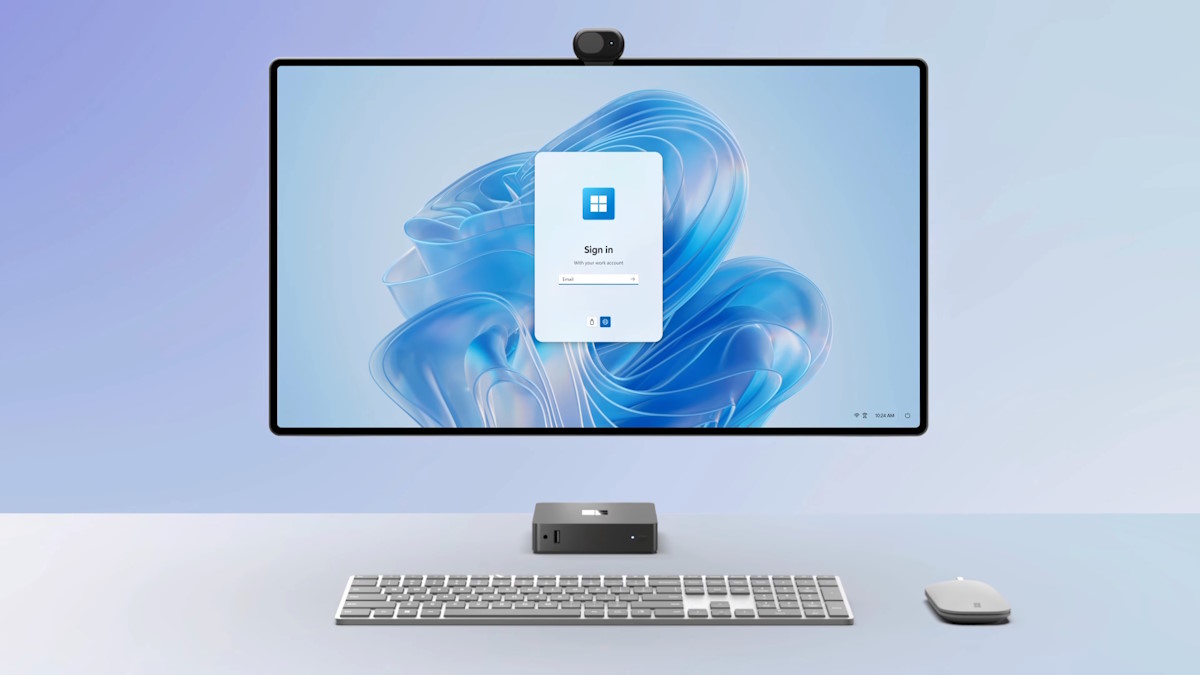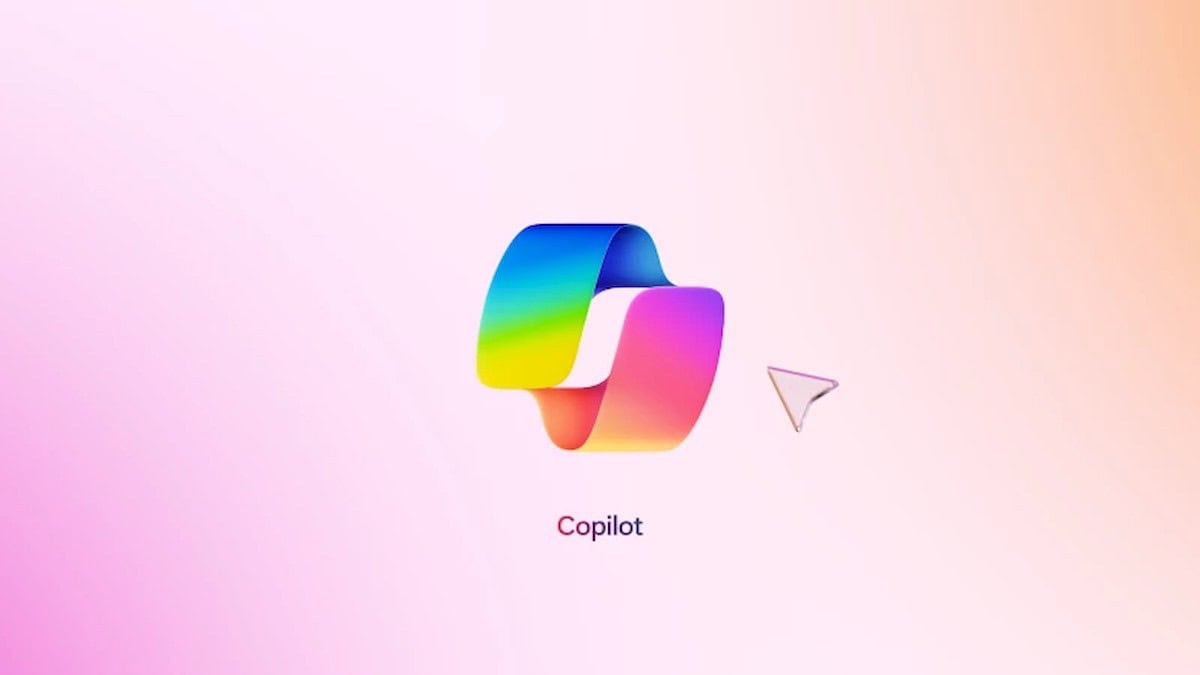New Research Suggests AI Assistants Could Be Impacting Your Cognitive Skills
A recent study conducted by Microsoft in collaboration with Carnegie Mellon University has raised concerns about the potential cognitive impacts of overreliance on AI tools such as Microsoft's Copilot and OpenAI's ChatGPT. The research suggests that while these generative AI assistants can enhance productivity by handling routine tasks, excessive dependence on them may lead to a decline in users' critical thinking abilities.
The study highlights a key irony of automation: by mechanizing routine tasks and leaving exception-handling to the human user, individuals are deprived of regular opportunities to practice judgment and strengthen cognitive skills. This lack of engagement can result in mental atrophy, leaving users unprepared when exceptions arise that require deeper analytical thinking.
Researchers observed that employees who frequently relied on AI for task completion exhibited diminished critical thinking skills compared to their less-dependent counterparts. These findings align with anecdotal reports from users expressing concerns about a decline in their cognitive engagement due to habitual AI use. One user noted, "I can really see that ChatGPT will make us more dumb as we will increasingly use AI without thinking and engaging our brain."
This research adds to a growing body of literature examining the unintended consequences of integrating AI into daily workflows. While AI tools offer significant benefits in terms of efficiency and convenience, experts caution against overdependence. They recommend that users remain mindful of maintaining their cognitive faculties by actively engaging in tasks that require critical thinking and problem-solving, rather than defaulting to AI solutions for all challenges.
As AI continues to evolve and become more embedded in various aspects of work and life, striking a balance between leveraging technological advancements and preserving human cognitive skills will be essential. Users are encouraged to use AI as a complement to, rather than a replacement for, their own critical thinking processes.
RECOMMENDED NEWS

Windows 11's Snipping Tool is getting a GIF creator
Windows 11's Snipping Tool will soon let you create GIFs from your screen recordings. We reported a...

Apple tells the EU that it operates 5 App Stores, not just one
Apple has told the European Union that it does not operate a single App Store, but 5 of them. This ...

Mozilla confirms it will add Tab Groups, Vertical Tabs, Profile Management to Firefox
Mozilla has officially announced a roadmap that outlines some important features which will be adde...

macOS 15 Sequoia announced with Window Tiling, iPhone Mirroring, Passwords app and more
Apple has announced the next version of macOS. Here are the best features in macOS 15 Sequoia. ...

Microsoft's first ever Windows 11 desktop PC costs just $349, but there is a catch
Microsoft has released a lot of hardware throughout the years. Prominent examples are the company's...

Microsoft Releases Native Copilot App for macOS with Dark Mode and Command Activation
Microsoft has launched a native Copilot app for macOS, providing Mac users with direct access to it...
Comments on "New Research Suggests AI Assistants Could Be Impacting Your Cognitive Skills" :